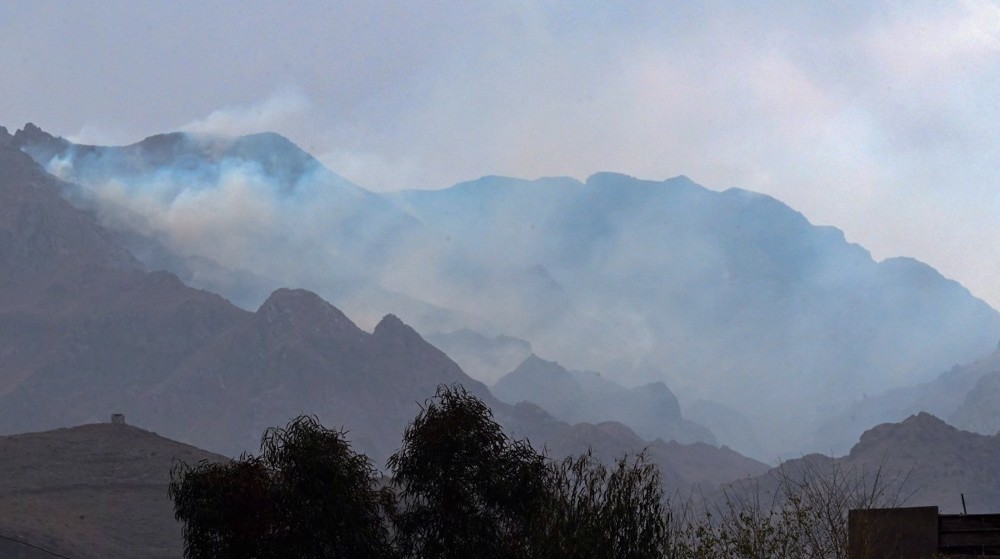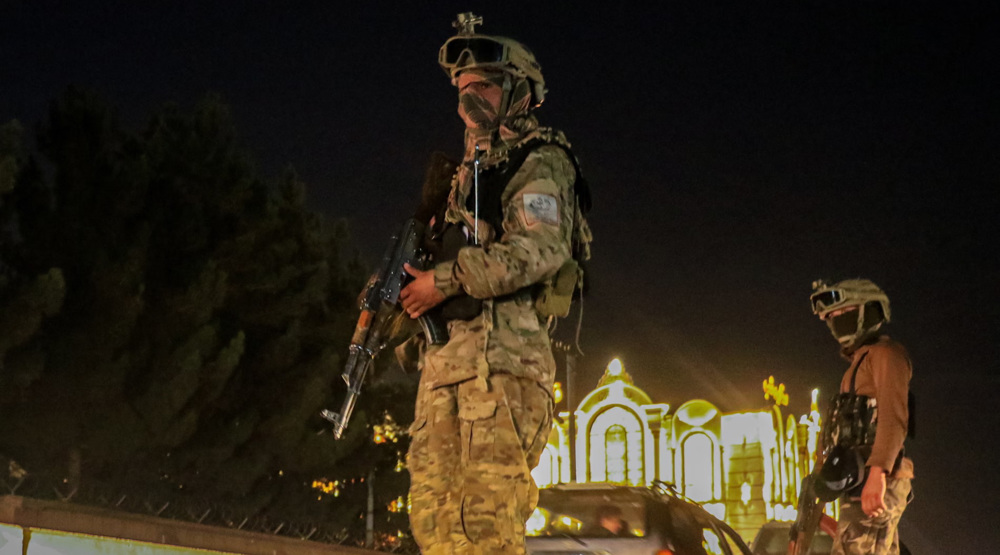Pakistan approves chemical castration of sex offenders
Pakistan has approved the chemical castration of rapists as part of sweeping new legislation sparked by outcry over the gang rape of a mother on a motorway.
New laws approved by President Arif Alvi on Tuesday will see rape cases expedited through the courts and create the country's first national sex offenders register.
"The provision of the chemical castration of repeat as well as first-time sex offenders... was added in the Anti-Rape Ordinance 2020", the president's office confirmed Wednesday.
Pakistan is a patriarchal nation where victims of sexual abuse often are too afraid to speak out, or where criminal complaints are frequently not investigated seriously.
In September, protests erupted after a mother was raped on the side of the road in front of her children when her car broke down near Lahore.
Prime Minister Imran Khan responded by calling for the chemical castration of rapists, which involves using drugs to reduce a person's libido.
Khan had said the worst sex crimes should be punishable by public hangings but added this could impact trade with partners that oppose the death penalty, such as the European Union.
Rights activists have warned the provision of chemical castration could affect Pakistan's international human rights obligations.
"Chemical castrations are cruel, inhuman and degrading and will leave the flawed criminal justice in place", said Rimmel Mohydin, Pakistan campaigner at Amnesty International.
Nighat Dad, a women's rights activist, praised the content of the new legislation, but said it was unclear how chemical castration would be either a "deterrent or rehabilitative".
Under the new laws, special courts will be established to try cases of rape and sexual abuse against women and children, which must be completed within four months.

They also establish anti-rape cells across the country for conducting initial investigations, and medical examinations within six hours of filing a police complaint.
The test involves a medical officer inserting two fingers into a rape victim's vagina, to assess her sexual history.
The laws come into effect immediately but must be ratified by parliament within three months.
It would come down to the discretion of a trial judge to order chemical castration, the president's office said.
(Source: AFP)
Tehran warns EU against ‘Nazi mindsets,’ slams German backing of Israeli-US aggression
Iran agreed to nuclear concessions in Geneva talks – and then US-Israel bombed
Witkoff undermined Iran talks by peddling lies to build case for military aggression: Report
Scrutiny mounts over Trump’s Iran war amid contradictory claims, soaring costs: Reports
No imminent threat, just Israeli agenda: US senators push back on war on Iran
Handala group hacks notorious Israeli think tank known for anti-Iran propaganda
IRGC Ground Force launches 3 major operations in response to Israeli-US aggression
'Powerful strike': IRGC hits US destroyer with ballistic, strategic cruise missiles in Indian Ocean










 This makes it easy to access the Press TV website
This makes it easy to access the Press TV website